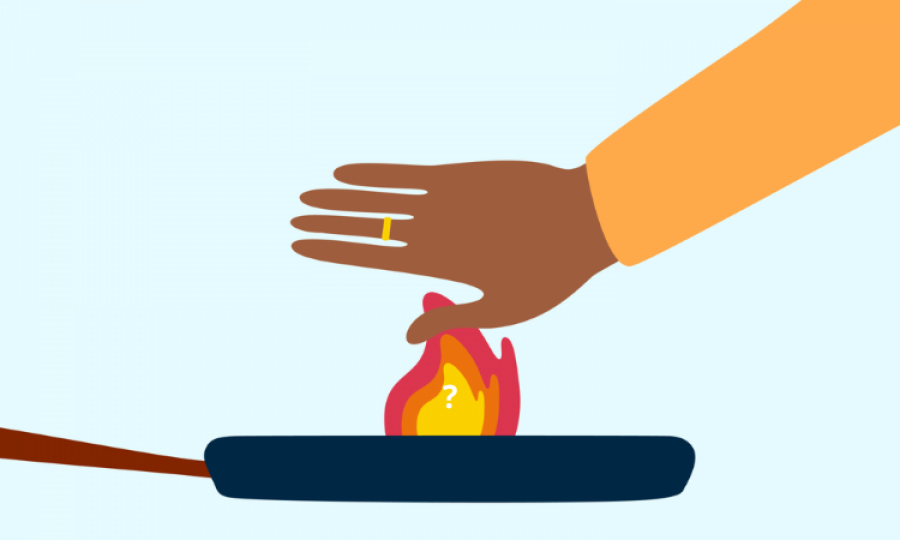265,000 deaths reported annually from chronic burns worldwide

KARACHI: “Around 265,000 deaths are reported annually from chronic burns worldwide, according to World Health Organization (WHO). Burn wounds are devastating tissue injuries having severe traumatic effect on the victims. They are considered as the fourth most common type of injuries worldwide, mainly reported in the low socio-economic and underdeveloped countries.”
Prof Dr M Iqbal Choudhary, Director of the International Center for Chemical and Biological Sciences and COMSTECH Coordinator General, expressed these views while speaking at the inaugural ceremony of the 3-day workshop on “Stem Cells in Skin Regeneration” held at the Dr Panjwani Center for Molecular Medicine and Drug Research (PCMD), University of Karachi, on Wednesday.
More than 70 students, researchers and medical doctors from various universities of Pakistan are participating in the workshop, jointly organized by Dr. Panjwani Center (PCMD), Sindh Innovation Research and Education Network (SIREN), and International Center for Chemical and Biological Sciences (ICCBS), University of Karachi.
Prof Choudhary said that wound assessment and management was critical for positive outcomes and successful treatment. Poorly managed wounds are one of the leading causes of increased morbidity, he added.
He said that stem cell therapy had a great potential to repair damaged cells, tissues or organs for restoration of their normal physiological functions.
Stem Cell Research Laboratory at the PCMD is fully equipped with all necessary instruments and equipment, he informed the participants, adding that Various research projects have been successfully completed related to the regeneration of skin wounds, cardiomyocytes, neurons, hepatocytes under in vitro and in vivo conditions. The workshop will provide better understanding of applications of human stem cells, and their healing potential in skin wounds, he said.
Prof Dr Asmat Salim, the workshop coordinator, said that stem cell therapy had a great potential to repair damaged cells, tissues or organs for restoration of their normal physiological functions. Stem-cell-based therapeutic strategies have been proposed to treat skin injuries, she maintained. Participants, in the workshop, will learn how to develop skin wound models, isolate and transplant stem cells, and perform histochemical analysis, she told the participants and added that workshop would comprise lectures and laboratory sessions through integrated learning methods, utilizing hands-on training.
She said, “This workshop will not only give an opportunity to the participants to learn basic stem cell techniques for wound repair, but also build capacity to translate laboratory techniques into clinical applications.”
Advertisement
Trending
Popular
Aging: New study identifies key lifestyle, environmental factors ...
-
Hair loss: Discovery uncovers key stem ...
08:00 PM, 25 Feb, 2025 -
Broccoli sprout compound may help lower ...
11:31 AM, 25 Feb, 2025 -
Gas Pain vs. Heart Attack: How to tell ...
09:00 PM, 22 Feb, 2025 -
Coconut oil supplement shows promise ...
08:00 PM, 20 Feb, 2025



